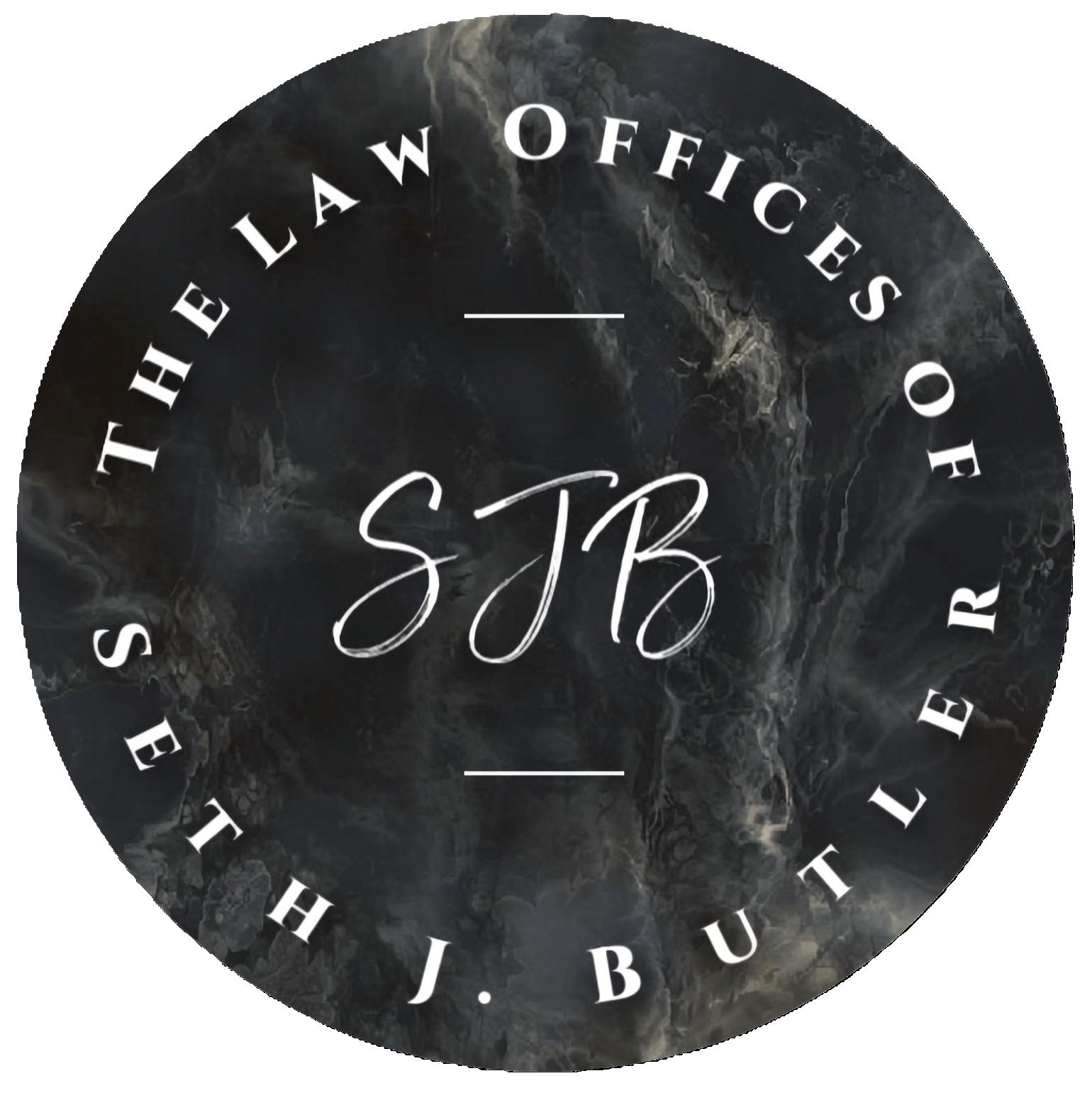
How Social Media Can Affect Your Personal Injury and Workers' Compensation Cases
Sharing daily moments on social media is second nature to most of us. However, if you’re involved in a personal injury or workers' compensation case, it's crucial to be cautious with your online activity. Social media can profoundly impact the outcome of your case, so understanding the dos and don’ts is essential.
Discovery and Court Orders
Many believe that making their social media account private or deactivated protects their information. However, in legal matters, even these private spaces can be accessed through discovery or court orders. It's vital to consider the legal reach before posting anything.
Private Versus Public Profiles
Having a private profile can offer a layer of security, but it doesn't render your information completely safe. Deleting accounts or posts may be seen as tampering with evidence, which could harm your case. Maintain cautious behavior online, regardless of privacy settings.
Limit or Avoid Social Media Use
The safest move during legal proceedings is to limit your social media use. Consider consulting with your lawyer before making any posts, especially those related to work or personal finances. Being proactive may safeguard your standing in a legal claim.
Be Cautious With Connections
Accepting new friend requests or followers during an ongoing legal process can be risky. New connections could potentially gather information to use against you. It’s wise to scrutinize all connection requests during this time.
The Impact of Your Posts
Even the most harmless posts can be misconstrued in a legal context. For instance, sharing about a recent vacation or home improvement project could be used to question the severity of your injury or financial need. Always think twice about the content you share.
If you’re involved in a personal injury or workers' compensation case, don’t take chances—consult with an attorney before making any decisions about social media use. A lawyer can help navigate this complex terrain and ensure your actions don’t unintentionally harm your case.
